Both stand for multipolar world, seek stability, coordination to benefit entire planet, experts say
President Xi Jinping's visit to Russia strengthened the cause of true multilateralism, as opposed to hegemony and bloc confrontation, and showcased Sino-Russian ties as a model for relations between major countries, analysts said.
Mehmood Ul Hassan Khan, executive director of the Center for South Asia &International Studies in Islamabad, Pakistan, said that Russia and China have created a new, positive pattern of international relations between major powers and neighboring countries.
China and Russia "both stand for a multipolar world, a constructive relationship, and cooperation and coordination for the benefit of the entire planet," Khan said. They are not obsessed with starting a geopolitical war with other centers of power "as the United States does", he added.
Sino-Russian bilateral relations do not have any political-military orientations, the Pakistani expert said, adding that Xi's trip had no hidden geopolitical or geostrategic agenda, unlike what was claimed by the US and other Western media.
"China does not want to indulge in or start any 'grand end game' in the region, but simply wants peace and stability", Khan said, adding that official visits by the heads of state of both countries have been a tradition since the mid-1990s.
Karori Singh, former director of the South Asia Study Centre at the University of Rajasthan in India, described the meeting of Xi and Putin as a "deepening relationship in defining times". Xi's trip has global significance as the whole world was keeping an eye on the outcome of the talks, he said.
China attaches importance to neighboring Russia, Singh said, noting that when Xi became Chinese president in 2013, his first foreign visit was to Moscow. Russia was the foreign country Xi again chose to visit first after being unanimously elected president on March 10.
Singh noted that Putin hailed China's role as a responsible power by referring to the recent Saudi Arabia-Iran reconciliation facilitated by China, as well as Beijing's various programs such as the Global Development Initiative, the Global Security Initiative and the Global Civilization Initiative.
The major outcome of Xi's latest Russia trip is twofold, he said. First, the signing of bilateral agreements covering a wide range of areas and issues of common concern from agriculture to technology, including keeping supply chains uninterrupted. Second, the issuing of two joint statements — one in regard to comprehensive strategic partnership of coordination, and the other in relation to an action plan to deepen development cooperation.
"The joint statements and talks are more positive and focused on reform and rejuvenation of global governance for serving common interests and a shared future for mankind rather than accusing one country, or a group of countries, for the present woes of the global community," Singh said.
The major focuses of the talks had been on expanding trade and economic relations, the strategic partnership, and world peace set in a "win-win framework", he added. "Obviously, the talks between the two sides are more realistic and of practical significance, rather than rhetorical preaching," Singh said.
Swaran Singh, a professor of diplomacy and disarmament at Jawaharlal Nehru University in New Delhi, India, said a key positive outcome for the international community was Putin accepting and endorsing China's 12-point peace plan to end the Ukraine crisis.
The recent rapprochement between Iran and Saudi Arabia that China delivered gives hope that Beijing can achieve similar success in regard to the Ukraine crisis and emerge as a powerful peacemaker, the professor said.











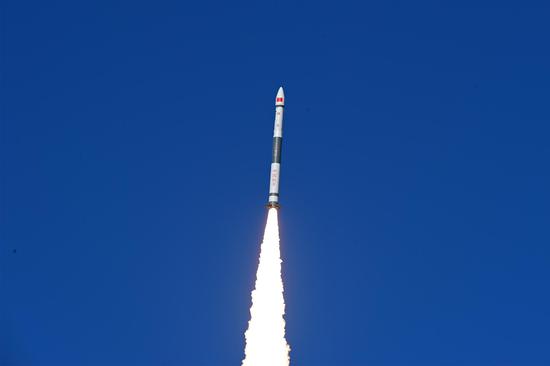




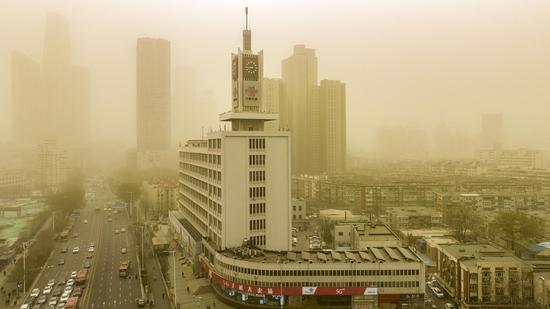
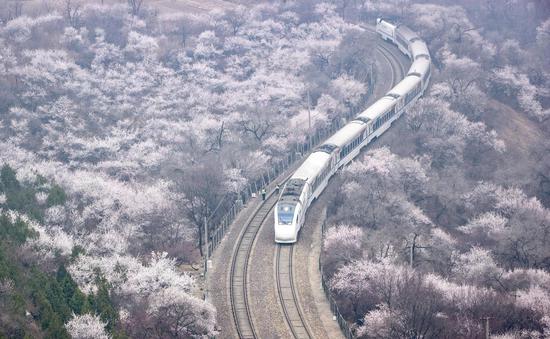




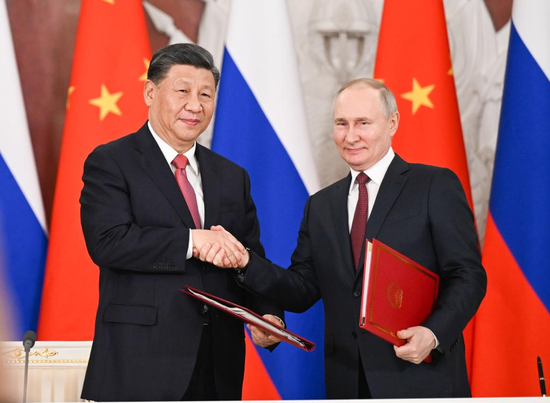






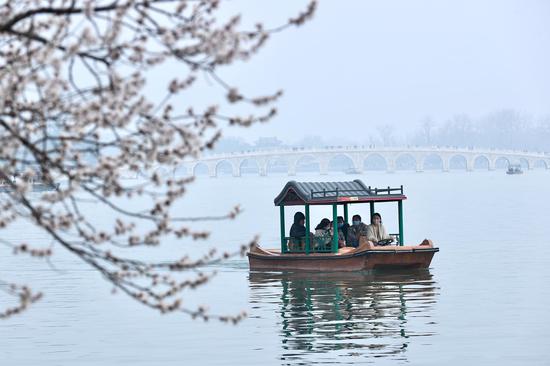


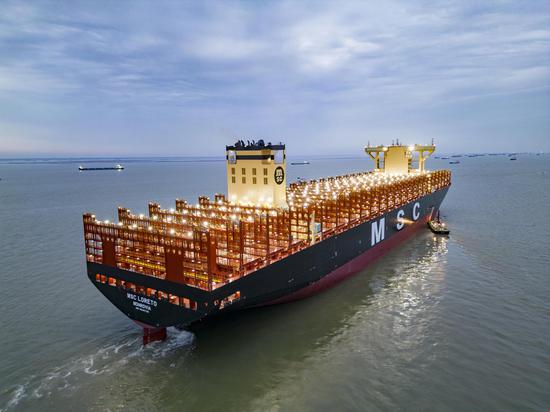



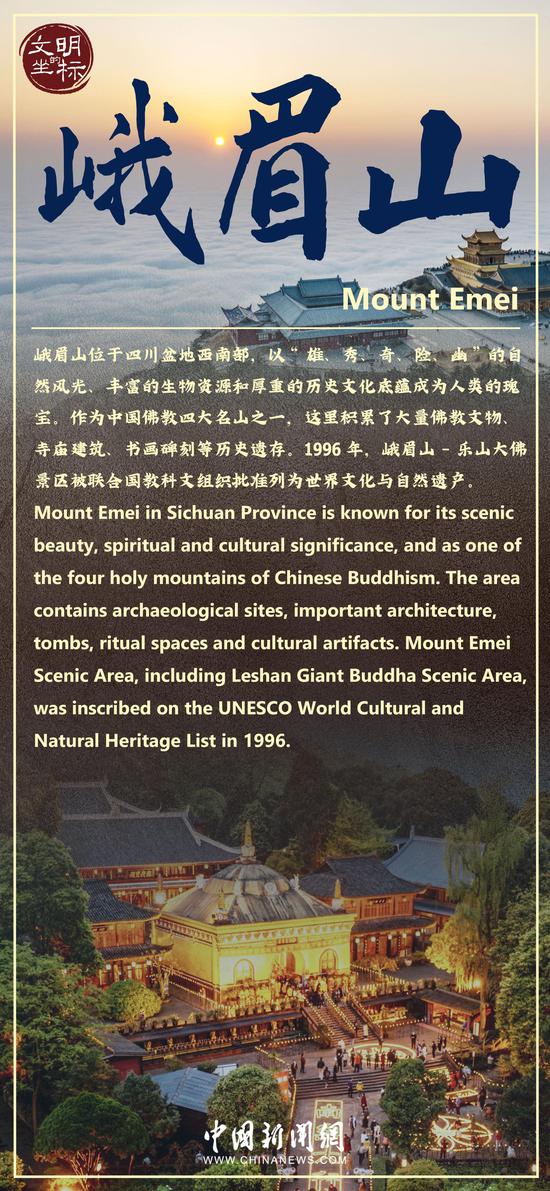



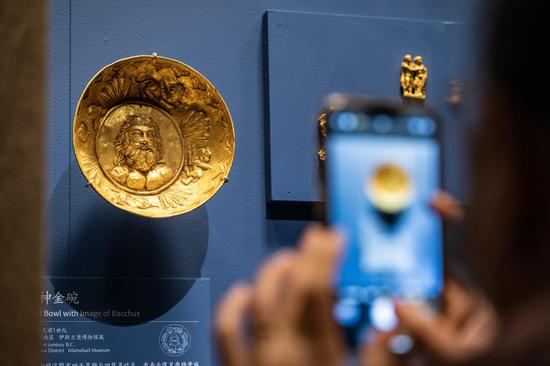
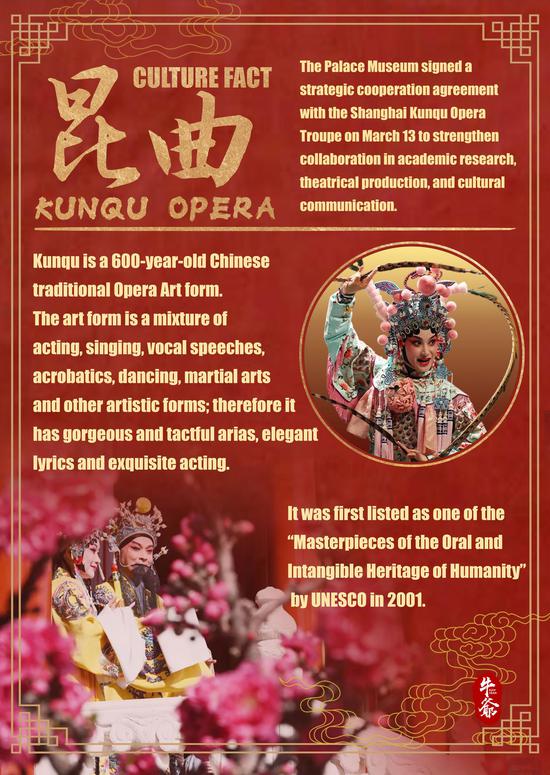
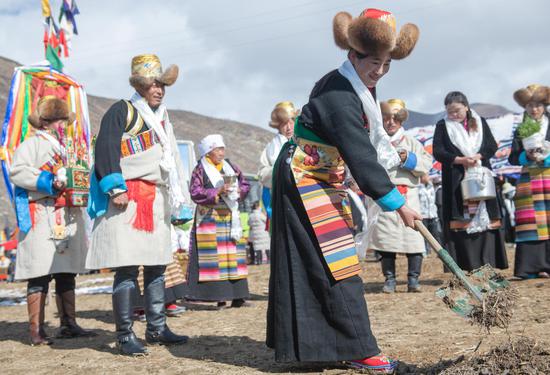

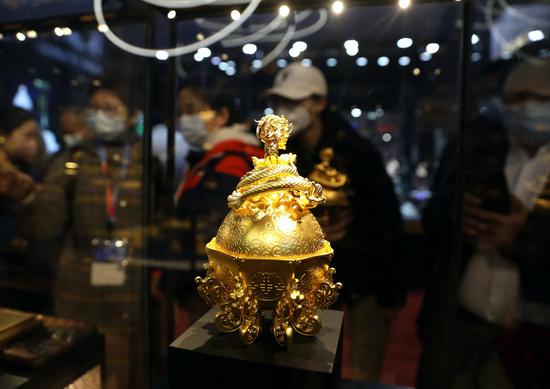





 京公网安备 11010202009201号
京公网安备 11010202009201号